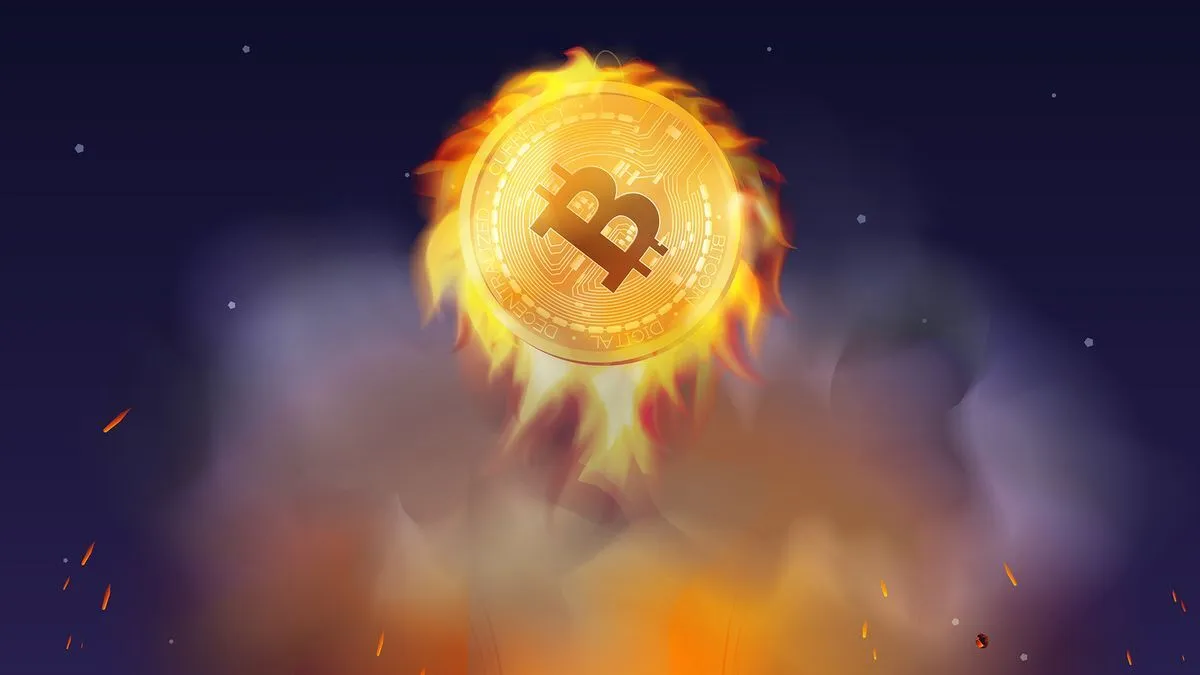You're disingenuously ignoring the opportunity cost of having to build additional power plants - resources required not being usable elsewhere; environmental impact of those resources or, especially in the case of hydroelectric power, of building the power plants themselves, since cement has significant carbon dioxide emissions, along with the fact that proof-of-work algorithms have a tendency to expand in a grey-goo style and suck up as many resources as possible.
The former is a reason why energy conservation efforts and regulations have been put in place. The fewer power plants you require to run everything, even if they're renewable energy, the better. Proof-of-work mining threatens that, because when your incentive to mine is more money, that encourages people taking more than their fair share of energy. It also encourages power theft.
Proof-of-work mining doesn't do a thing to solve the issue of green energy, since there's no sort of quality-of-service system in place which bumps cryptocurrency miners down to the bottom of the pile when it comes to prioritising power usage and even if there was, it'd create an arms race between power plant operators and people trying to subvert those controls so that they can use more power for mining, cf. Nvidia's graphics card limiters versus Ethereum miners. You're either naïve or disingenuous if you're expecting cryptocurrency miners to just cede power when there's money on the line if they keep their operations going at top priority.
Furthermore, even if every single watt that Bitcoin requires to mine was generated by 100% clean energy, the network would still be creating nation-state levels of e-waste.
This is just another one of those techno-libertarian pipe dreams about an efficient free market which don't bear fruit in the real world, just like the "why do we need emissions regulations anyway? Surely, the free market will sort that out, brah" bullshit. It's the fallacy of the broken window writ large.


